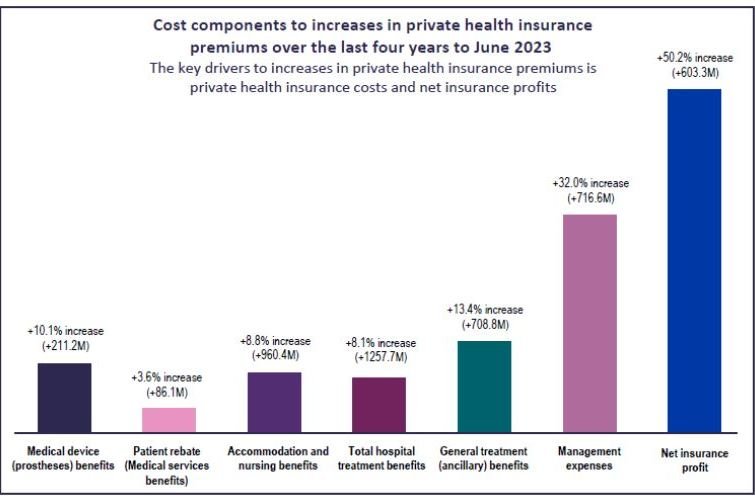There has been an increase in the frequency and severity of violence against women in Victoria during the COVID-19 lockdowns, a Monash University study has revealed.
Released today, the first Victorian study documenting violence against women during COVID-19 also revealed an increase in the complexity of women’s needs and highlighted new forms of intimate violence, including enhanced tactics to achieve social isolation.
Outlined in the report Responding to the ‘shadow pandemic’: practitioner views on the nature of and responses to violence against women in Victoria, Australia during the COVID-19 restrictions, the study captured responses from 166 Victorian practitioners who respond to women experiencing violence.
The study was led by Dr Naomi Pfitzner with Dr Kate Fitz-Gibbon, Director of the Monash Gender and Family Violence Prevention Centre and Professor Jacqui True, Director of the Monash Centre for Gender, Peace and Security.
Fifty-nine per cent of respondents reported that COVID-19 had increased the frequency of violence against women and half reported it increased the severity.
There was also an increase in first-time family violence reporting by women noted by 42 per cent of respondents.
Examples of new forms of intimate partner violence included demanding women wash their hands and body excessively to a point where their skin starts to bleed and become badly irritated.
Some perpetrators allegedly spread rumours that women had COVID-19 so nobody would come near them or help them.
Other perpetrators are alleged to have taken the women’s children away saying they were a risk to them.
Practitioners also reported perpetrators used restrictions and threat of infection to restrict women’s movements, gain access to their residences and to coerce women into residing with them if they usually lived separately.
Some women experienced monitoring of their internet use, removal of their phones and the use of apps or technology to track their movements – both by foot or by car.
Survey respondents noted there was less ability for women experiencing violence to seek help during the lockdown period and practitioners faced numerous challenges in providing support, undertaking effective risk assessment and carrying out safety planning.
Researchers flagged the need to consider the wellbeing of and support for practitioners working remotely to support women experiencing violence.
The report revealed a need to ensure practitioners’ wellbeing is addressed as Victoria eases restrictions and enters a period of recovery.
Dr Pfitzner, project lead, said the study justified fears family violence had increased during the COVID-19 pandemic.
“Our research also reveals an increase in the complexity of women’s experiences of violence and alarmingly, the emergence of new forms of violence against women,” she said. “Perpetrators are using COVID-19 restrictions and the threat of infection to gain access to women and children and control their movements.”
Researchers acknowledged Victoria’s pandemic control measures were necessary from a public health perspective, but inadvertently compounded barriers to help seeking for women.
Dr Fitz-Gibbon said there were ongoing difficulties that practitioners experience in trying to find safe housing options for women and children fleeing violence.
“Practitioners have told us that the shortage of safe housing options for women and children escaping family violence continues to be a key challenge in Victoria,” she said.
“For some women in Victoria it was not safe to stay home during the period of restrictions, however, there was also no safe housing option available to them. We add our voices to the many others who have called for this to be addressed.”
Dr Fitz-Gibbon said the research findings have significant funding and resource implications.
“This research highlights the importance of ensuring that all services supporting women experiencing family violence are adequately resourced and funded as we move into the next phases of the COVID-19 pandemic,” she said.
“We must ensure that women’s safety is prioritised as we move forward in our response to the coronavirus.”
The report is the first output from a wider project led by Dr Pfitzner, Dr Fitz-Gibbon and Professor True and is funded by Monash University as part of The Melbourne Experiment, a landmark interdisciplinary research collaboration studying the effects of the COVID-19 restrictions on various functions of the City of Melbourne, with the aim of improving liveability towards 2050.
The next stages of this project will continue to build understandings of the impacts of the COVID-19 pandemic on women’s experiences of violence and their help-seeking behaviours through additional surveys and sector data analysis.
Other quotes attributable to project lead, Dr Naomi Pfitzner:
“The survey findings indicate that Victoria’s pandemic control measures, while necessary from a public health perspective, have inadvertently compounded barriers to help seeking for women.”
“The practitioners highlight the challenges of supporting women experiencing violence during the COVID-19 restrictions and the wellbeing implications for those doing this crucial work remotely.”
Other quotes attributable to project co-author, Dr Kate Fitz-Gibbon:
“This report presents the voices of 166 Victorian practitioners who have dedicated their time over the last two months to support and ensure the safety of women experiencing violence. They have done so by rapidly changing their service delivery model to reach out to women remotely, a move which has seen significant innovation across the service system.”







